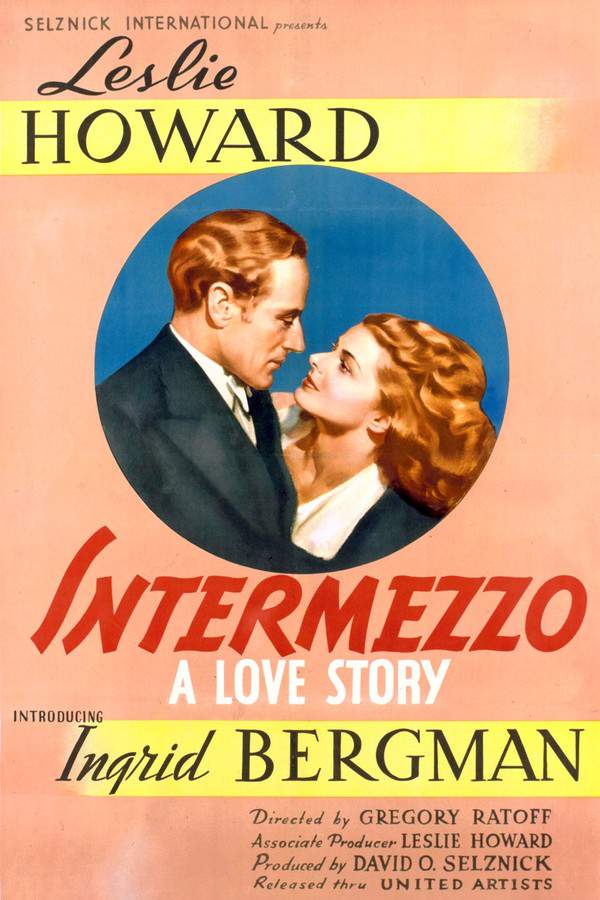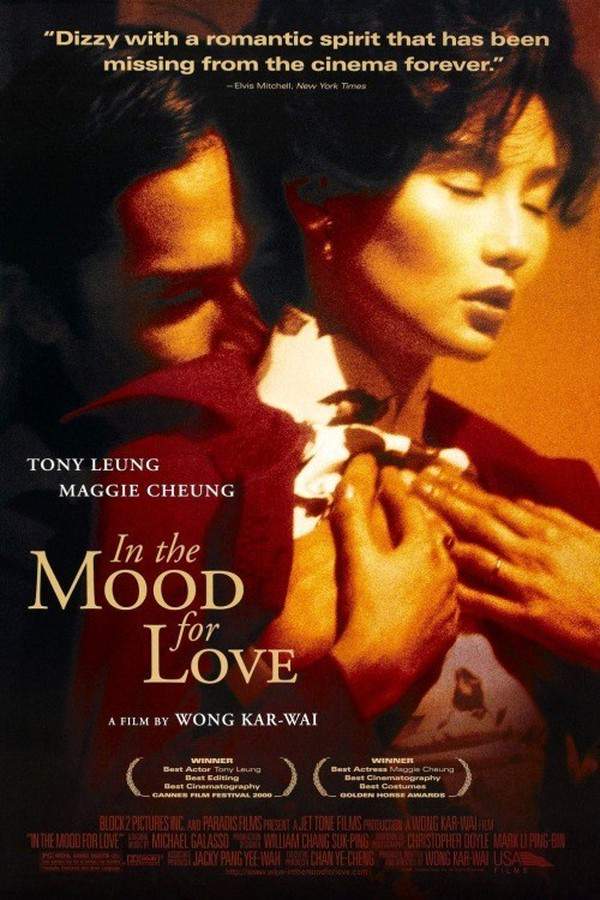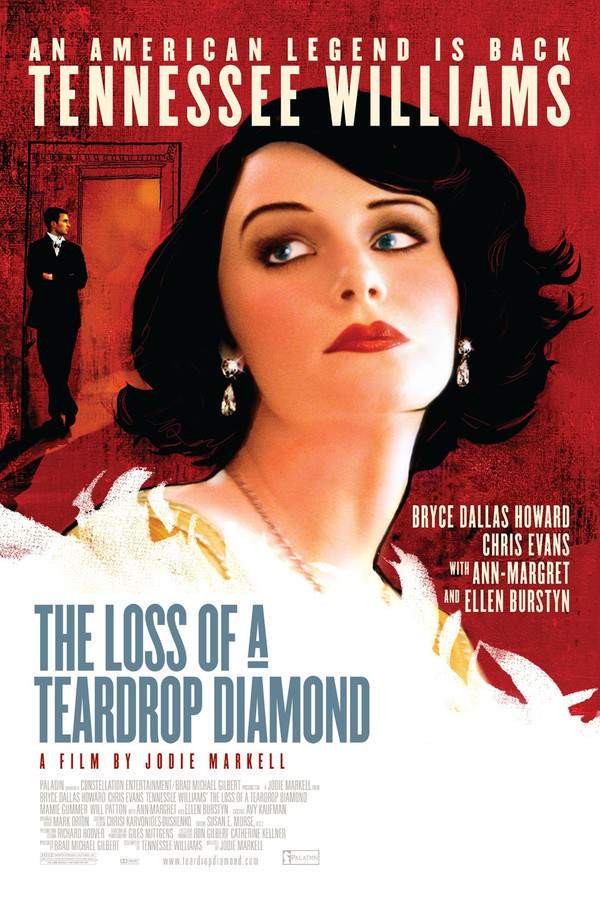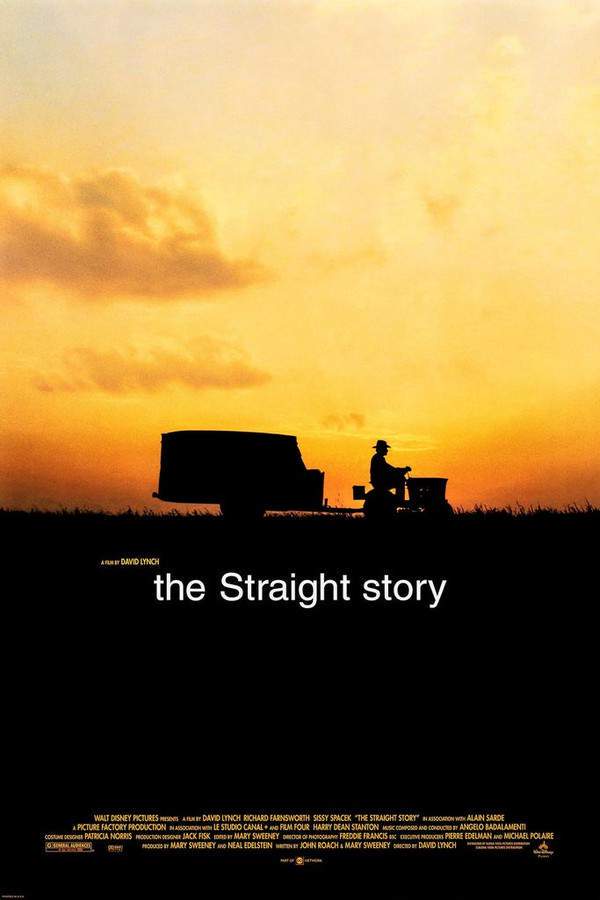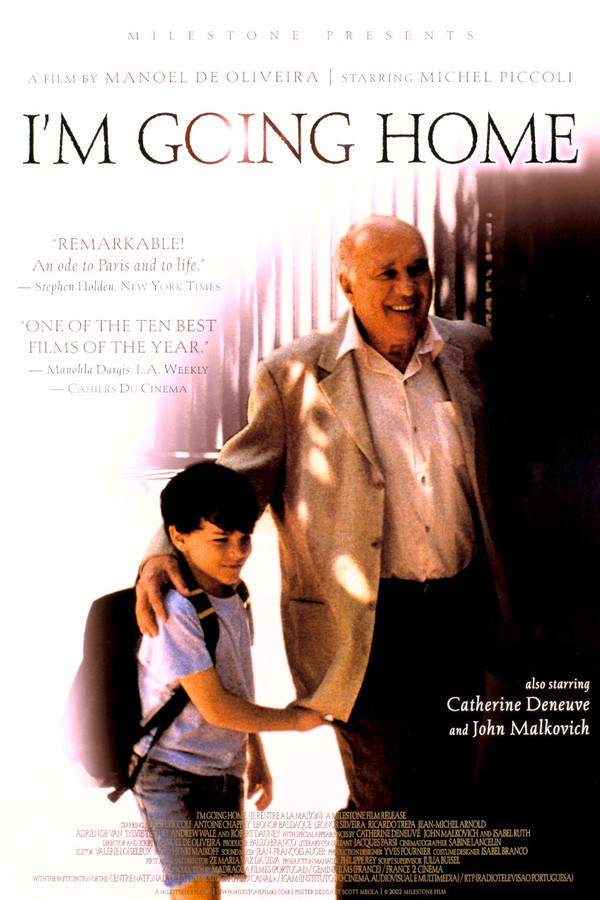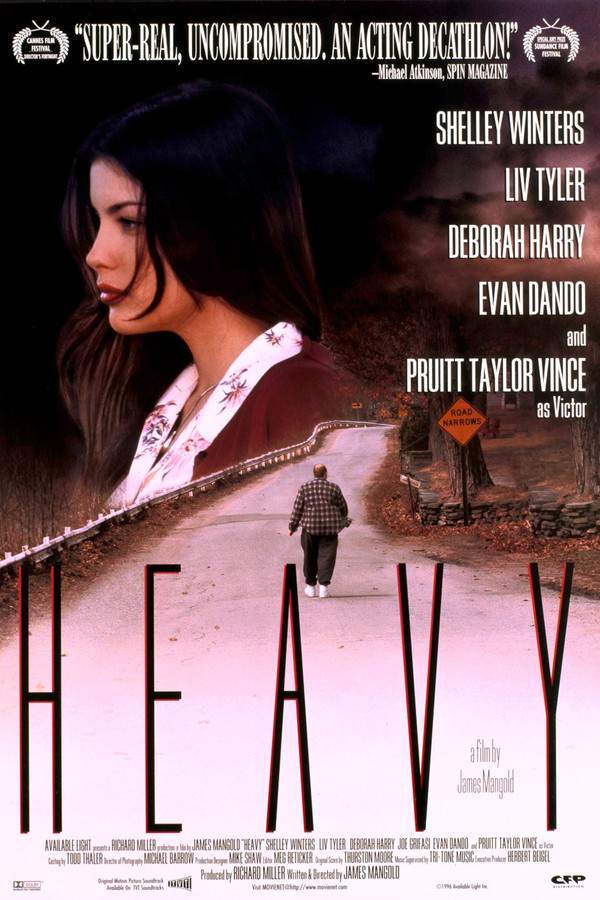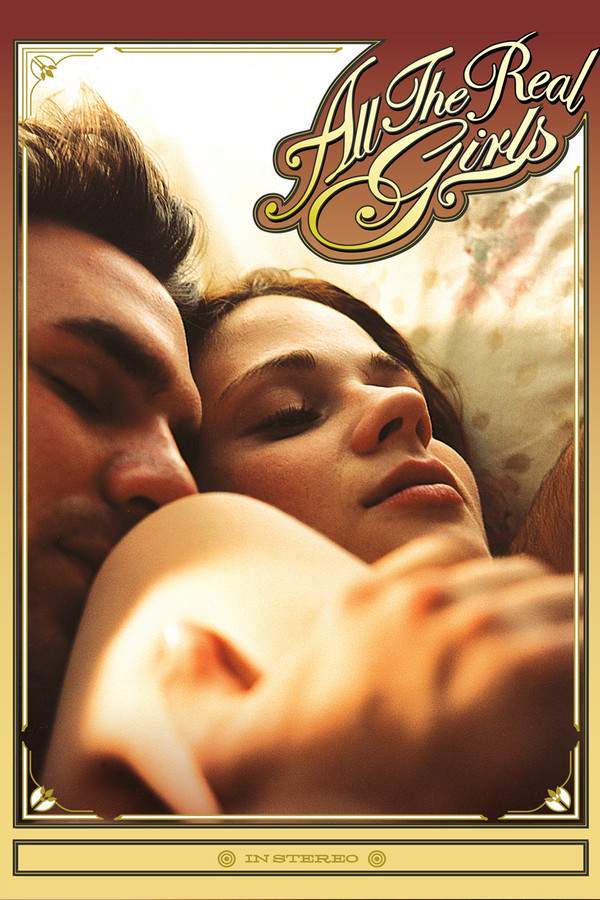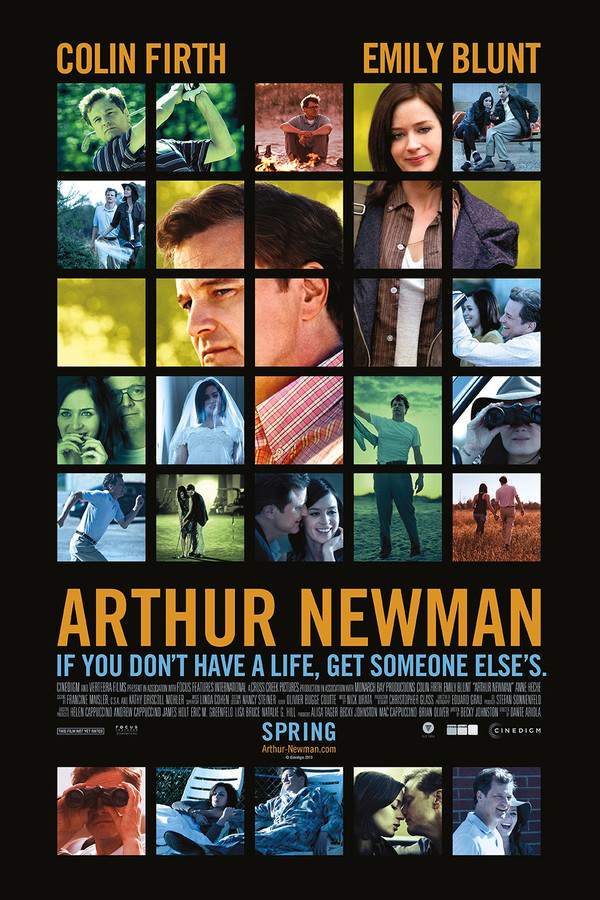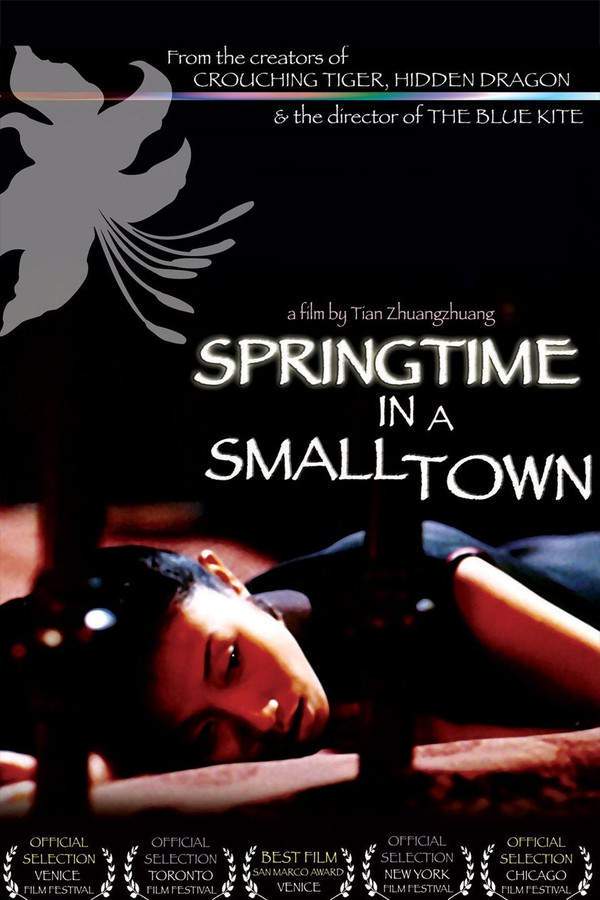
Teesri Kasam
Year: 1966
Runtime: 159 mins
Language: Hindi
Director: Basu Bhattacharya
A naive bullock-cart driver falls for a traveling dancer.
Warning: spoilers below!
Haven’t seen Teesri Kasam yet? This summary contains major spoilers. Bookmark the page, watch the movie, and come back for the full breakdown. If you're ready, scroll on and relive the story!
Teesri Kasam (1966) – Full Plot Summary & Ending Explained
Read the complete plot breakdown of Teesri Kasam (1966), including all key story events, major twists, and the ending explained in detail. Discover what really happened—and what it all means.
Hiraman, Raj Kapoor is a rugged bullock-cart driver from a remote village in Bihar, rooted in traditional and conservative values. His life unfolds under a simple moral code that will soon be tested by circumstance. The first test comes when he vows pehli kasam—to never again haul illegal goods—after a brush with danger that threatens his livelihood and his sense of right and wrong. This vow marks the beginning of a quiet, stubborn arc of integrity.
Later, while transporting bamboo for a timber trader, Hiraman’s load upsets the horses of two men, and he is beaten as a result. The violence leaves a bruise on his body and on his conscience, deepening his resolve to stay clear of wrongdoing and setting the stage for a second pledge, doosri kasam, to never again carry bamboo in his cart. He clings to these vows as he navigates the rough edges of a world that tests his patience and his principles.
One night, a new turn arrives when Hiraman is asked to carry Hirabai, Waheeda Rehman, a nautanki dancer, as a passenger to a village fair forty miles away. The journey becomes a quiet pilgrimage of two strangers who share a moment of unexpected connection. As they travel, Hiraman hums the legend of Mahua to pass the miles, and Hirabai is drawn to his unassuming purity and simple philosophy of life. The bond between them grows in the calm of the road, even as the world around them starts to judge Hirabai by a harsh standard.
Upon reaching the village fair, Hiraman joins his band of bullock-cart drivers, while Hirabai steps into the nautanki troupe, and she grants him free passes to the performances each night. The fair becomes a stage where the two perspectives collide: Hiraman’s protective instinct clashes with the society’s narrowing gaze toward Hirabai’s occupation. He struggles to shield her from ridicule and prejudice, hoping to shield her from a fate that seems to define her entirely by her work. Yet, as days pass, their connection deepens, and the chasm between their worlds feels harder to bridge.
Hirabai’s reality weighs heavily on Hiraman. He asks her to abandon her profession and pursue a life that would be deemed respectable by the village, but she refuses, insisting on the choices she has made and the life that has brought her to this moment. The tension between desire for dignity and the constraints of society takes a toll, and Hiraman, overwhelmed by the social pressure and personal conflict, leaves the fair and returns to his village, troubled and conflicted.
The story reaches a turning point when Hirabai reveals a painful truth—that she had been sold, a revelation that shatters the fragile romantic veil around their relationship and the life they might have built. The weight of this revelation pushes Hiraman toward his third vow, teesri kasam: to never again carry a nautanki dancer in his cart. This final pledge closes a circle of longing, protection, and disillusionment, underscoring the relentless pull of tradition and the hard-edged reality of love in a world full of judgment and constraint.
Last Updated: October 05, 2025 at 12:23
Explore Movie Threads
Discover curated groups of movies connected by mood, themes, and story style. Browse collections built around emotion, atmosphere, and narrative focus to easily find films that match what you feel like watching right now.
Movies about tender forbidden love like Teesri Kasam
Stories where heartfelt romance is thwarted by societal barriers and prejudice.If you liked the poignant romance in Teesri Kasam, you'll appreciate these other movies about forbidden love. These similar stories feature heartfelt connections challenged by societal rules, tradition, or class divides, often with a bittersweet, melancholic mood.
Narrative Summary
Stories in this thread typically follow a gentle, character-driven arc where two individuals from different worlds find a deep, often naive, connection. The central conflict is not internal strife but the slow, crushing pressure of external societal judgment, leading to a separation that feels inevitable yet profoundly sad.
Why These Movies?
Movies are grouped here for their shared focus on the emotional journey of a 'forbidden' romance. They share a melancholic tone, a medium emotional weight centered on disillusionment, and a bittersweet ending where love is lost not to personal failings but to larger, impersonal social forces.
Character-driven stories about simple integrity like Teesri Kasam
Character studies of naive individuals navigating a harsh, judgmental world.Fans of Teesri Kasam's portrayal of a naive cart driver will find similar movies here. These character-driven stories follow well-meaning, simple protagonists on a journey that tests their personal integrity against a judgmental society, often with a slow, reflective pace.
Narrative Summary
The narrative pattern involves a straightforward linear journey where a protagonist defined by their innocence and moral code encounters a world that does not value their purity. The drama stems from the quiet internal conflict as their beliefs are worn down, leading to a poignant, often bittersweet, realization about the nature of the world.
Why These Movies?
These movies are linked by their central character archetype: the naive, good-hearted individual. They share a slow pacing that allows for deep immersion in the protagonist's perspective, a melancholic tone arising from their disillusionment, and a medium intensity focused on personal rather than high-stakes conflict.
Unlock the Full Story of Teesri Kasam
Don't stop at just watching — explore Teesri Kasam in full detail. From the complete plot summary and scene-by-scene timeline to character breakdowns, thematic analysis, and a deep dive into the ending — every page helps you truly understand what Teesri Kasam is all about. Plus, discover what's next after the movie.
Teesri Kasam Timeline
Track the full timeline of Teesri Kasam with every major event arranged chronologically. Perfect for decoding non-linear storytelling, flashbacks, or parallel narratives with a clear scene-by-scene breakdown.

Characters, Settings & Themes in Teesri Kasam
Discover the characters, locations, and core themes that shape Teesri Kasam. Get insights into symbolic elements, setting significance, and deeper narrative meaning — ideal for thematic analysis and movie breakdowns.

Teesri Kasam Spoiler-Free Summary
Get a quick, spoiler-free overview of Teesri Kasam that covers the main plot points and key details without revealing any major twists or spoilers. Perfect for those who want to know what to expect before diving in.

More About Teesri Kasam
Visit What's After the Movie to explore more about Teesri Kasam: box office results, cast and crew info, production details, post-credit scenes, and external links — all in one place for movie fans and researchers.

Similar Movies to Teesri Kasam
Discover movies like Teesri Kasam that share similar genres, themes, and storytelling elements. Whether you’re drawn to the atmosphere, character arcs, or plot structure, these curated recommendations will help you explore more films you’ll love.
Explore More About Movie Teesri Kasam
Teesri Kasam (1966) Scene-by-Scene Movie Timeline
Teesri Kasam (1966) Movie Characters, Themes & Settings
Teesri Kasam (1966) Spoiler-Free Summary & Key Flow
Movies Like Teesri Kasam – Similar Titles You’ll Enjoy
Dorasaani (2019) Film Overview & Timeline
Chalte Chalte (2003) Plot Summary & Ending Explained
Kehtaa Hai Dil Baar Baar (2002) Detailed Story Recap
Socha Na Tha (2005) Full Summary & Key Details
Dil Hai Ke Manta Nahin (1991) Full Summary & Key Details
Cinema Bandi (2021) Complete Plot Breakdown
Teen Bhubaner Paare (1969) Plot Summary & Ending Explained
Sirf Tum (1999) Spoiler-Packed Plot Recap
Jaanam Samjha Karo (1999) Movie Recap & Themes
Taal (1999) Film Overview & Timeline
Tere Mere Sapne (1996) Movie Recap & Themes
Teesri Manzil (1966) Detailed Story Recap
Please, here, driver! (2008) Spoiler-Packed Plot Recap
Sanam Teri Kasam (2009) Full Summary & Key Details
Bhaag Saale (2023) Spoiler-Packed Plot Recap

